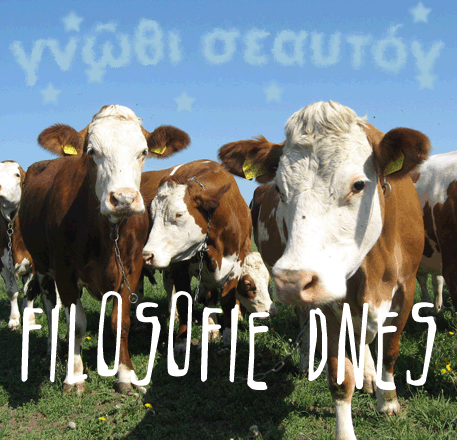Moral rules before and after Wittgenstein
DOI:
https://doi.org/10.26806/fd.v2i2.42Keywords:
etika, teorie motivace, platonismusAbstract
The paper tracks the influence of Wittgenstein‘s philosophy on the post-war British ethics through the key ethical problems of moral rule and acting on such moral rule. An important turn was caused by a massive critique of the modern „law” conception of ethics that was focussed on a narrow concept of moral obligation in which moral action becomes modelled as a guidance by an objectively given law that is being externally enforced on the will. An emphasis on faithful psychology of action and a distrust towards moral necessity included in such a picture have led a vast number of authors to accept the ancient ethical paradigm. In opposition to the modern one that is narrowly centered on episodic action, the ancient paradigm starts with the investigation of the good life the realisation of which needs good character. Moral action is thus explained on the background of a virtuous character that provides for moral motivation.
After showing a simplified picture by which such a motivation can be modelled, we will pass to the conceptions that criticise this picture from wittgensteinian positions. The central target of this critique is the insufficient account of perception of the situation. In the practical context, this perception has to be conceived as already structured and as something that involves judgment and reaction. It is therofore typical for the wittgensteinian positions to deny the independence of motivational and cognitive parts in the analysis of action and thus to deny an influential „humean” theory of motivation. We will introduce two streams of this critique: the first one works out the aristotelian virtue of „prudence” (the main rational virtue), the second one draws on the platonic thesis of one single virtue. To conclude, we will suggest an analysis of moral principle in the vein of this school.
Downloads
Published
Issue
Section
License
Authors who publish in this journal agree that:
1. Authors retain copyright and guarantee the journal the right of first publishing. All published articles are licensed under the Creative Commons Attribution license, which allows others to share this work under condition that its author and first publishing in this journal was acknowledged.
2. Authors may enter into other agreements for non-exclusive dissemination of work in the version in which it was published in the journal (for example, publishing it in a book), but they have to acknowledge its first publication in this journal.
3. Authors are allowed and encouraged to make their work available online (for example, on their websites) as such a practice may lead to productive exchanges of views as well as earlier and higher citations of published work (See The effect of open access).


